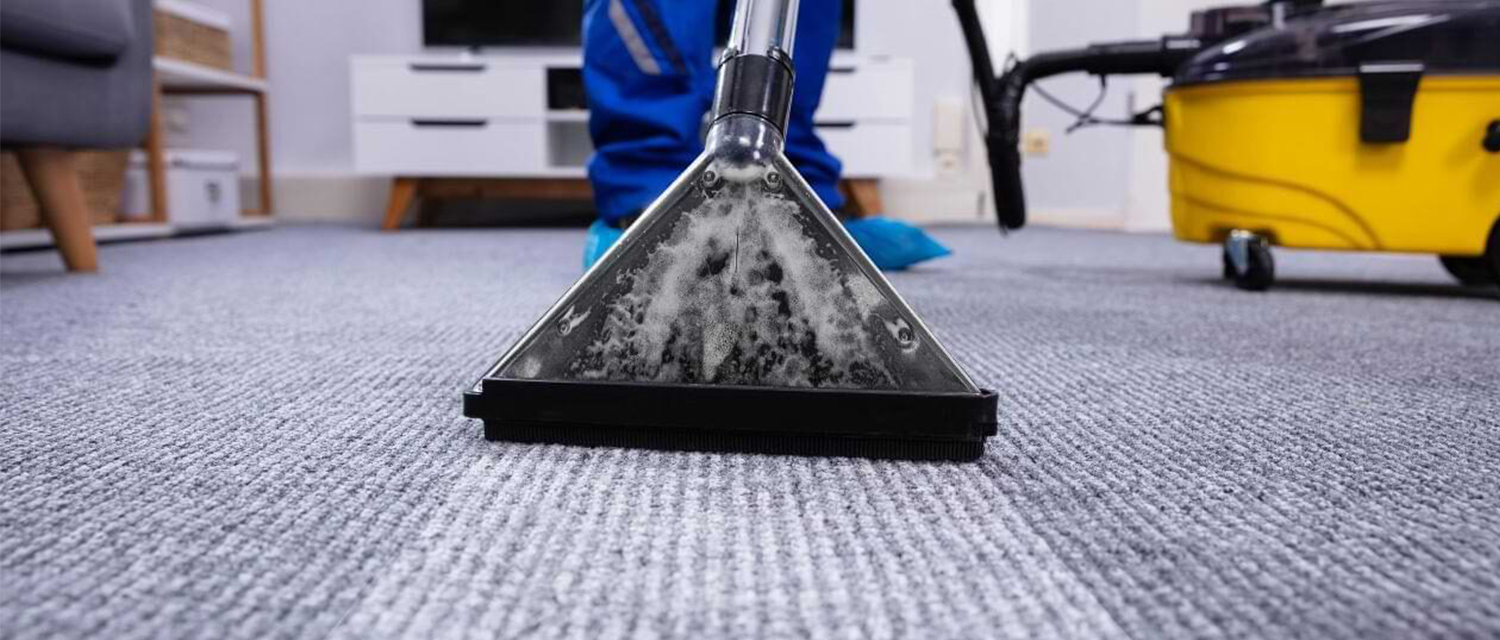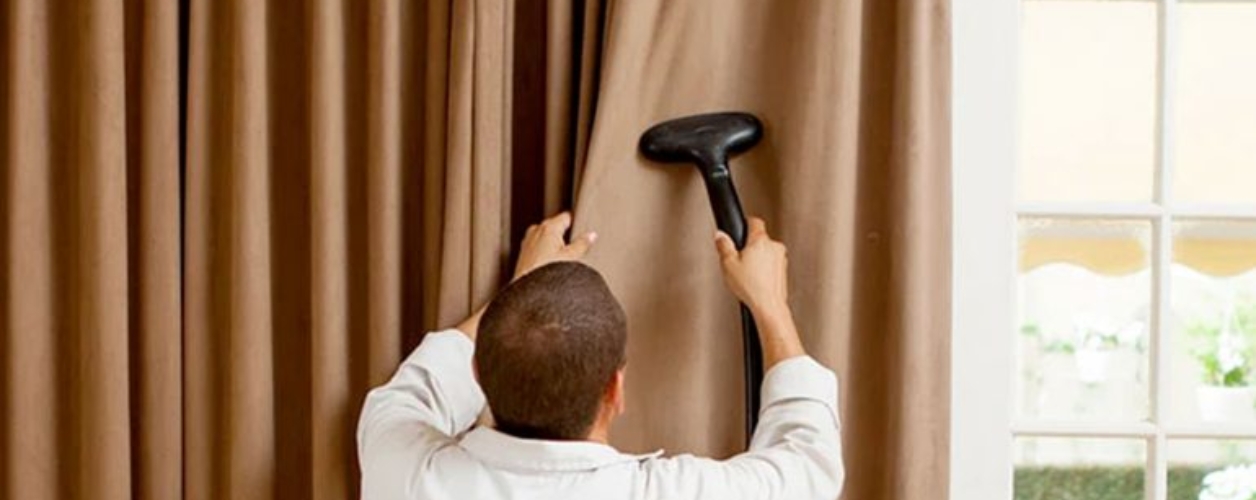Ultimate Guide to Blind Cleaning Costs: Types, Methods, and Tips for Saving on Professional Cleaning Services
Cleaning not only prolongs the life of blinds but also promotes a healthier interior atmosphere by lowering dust and allergens.
Wondering about blind cleaning costs? The cost of blind cleaning varies based on factors such as the type of blinds, the service provider, and the cleaning method.
Professional blind cleaning often costs $15 to $30 per blind. For larger or more intricate models, like wooden or motorised blinds, the price per blind might increase from $30 to $50. Certain providers provide a charge per square metre, with the range being $15 to $25.
Furthermore, for convenience, mobile blind cleaning services that clean the blinds on-site could charge more. As extremely soiled blinds could need more thorough cleaning methods, the degree of grime and stains can also affect the price.
Frequent discounts are offered by professional cleaners for multiple blinds or regular customers that you can embrace to save money.
Let us explore different blinds and their cleaning costs, the cost by method, and more tips to save on blind cleaning costs.
Different Types Of Blinds With Their Cleaning Costs
Depending on the material, level of cleaning needed, and size, cleaning costs can change. Your blinds will last a long time and look great with proper cleaning and care.
- Venetian Blinds
These blinds, which feature horizontal stars that need to be cleaned individually, are made of wood, PVC, or aluminium. Each blind will typically cost between $15 and $25 to clean.
- Roman Blinds
Roman blinds are made of fabric that, when raised, folds into pleats. These can be delicate to clean, and each blind can cost anything from $30 to $50.
- Roller Blinds
They are straightforward and practical, composed of a fabric that rolls up and down. The average cost of professional cleaning for each blind is between $20 and $35.
- Vertical Blinds
These blinds have vertical slats, usually used for large windows or sliding doors. Usually, cleaning costs range from $25 to $45 per blind.
- Panel Blinds
Typically used as room dividers or for bigger windows, these sliding panels cost between $30 and $50 per panel and require professional cleaning.
- Cellular/Honeycomb Blinds
These blinds trap air in their cells and are known for their energy efficiency. Cleaning costs are around $25 to $40 per blind.
- Sheer Blinds
These blinds combine the softness of curtains with the utility of blinds and range in price from $25 to $40 each. They require just a light cleaning.
Factors Affecting The Cost Of Cleaning Blinds
The price of blind cleaning might vary depending on many factors, all of which affect the final cost. By having a thorough understanding of these factors, homeowners and business owners can effectively anticipate services and manage expenses. These are the main points to remember:
- Type of blinds: Various blind materials call for particular methods of cleaning. For example, cloth blinds require more care and handling than wooden or metal blinds. Vertical blinds could be simpler to clean than horizontal blinds because of their design.
- Condition of blinds: More thorough cleaning is needed for blinds that are extremely dirty or have gathered dust, stains, or grime. Longer cleaning hours, more manpower, and specialist cleaning solutions may be required for this, all of which could increase expenses.
- Size and number of blinds: Naturally, the price will go up with the size and quantity of blinds. The price is mostly determined by the surface area and the amount of work needed to clean each blind.
- Cleaning technique: The costs associated with different cleaning techniques, such as steam cleaning, ultrasonic cleaning, and hand washing, vary. Ultrasonic cleaning is typically more expensive because of the equipment and knowledge needed, despite its great effectiveness. Simple dusting may cost an average of $10 per blind, while deep cleaning costs more.
- Professional vs. DIY: Using a cleaning service guarantees complete and efficient cleaning, frequently with results that are guaranteed, but it usually costs more than DIY. Maintenance packages offered by professional services might prove to be cost-effective in the long term.
- Cleaning frequency: Keeping up with routine cleaning helps reduce severe soiling and overall costs. Some companies offer discounts for routine cleaning schedules, making it more economical to keep blinds clean consistently.
- Accessibility: Hard-to-reach blinds, like those in high windows or inconvenient spaces, can make the workload heavier. The cost may increase if ladders, more workers, or specialized equipment are required.
- Geographical location: The price may vary depending on the cost of living and the accessibility of expert cleaning services in a particular area. In comparison to rural areas, urban locations that have a higher cost of living could have higher service rates.
By being aware of these aspects, one can make well-informed judgments regarding blind cleaning and make sure that the service selected provides the best value for the money while keeping the blinds long-lasting and clean.
Various Blind Cleaning Methods With Their Costs
- Manual Cleaning: To manually clean your blinds involves using clothes, cleaning solutions, and brushes.
Cost: Since DIY supplies range in price from $10 to $30, this is usually the most economical way. If you employ a professional, you should budget between $15 to $30 for each blind.
- Steam Cleaning: To clean blinds, it uses steam instead of harsh chemicals.
Cost: The average cost of steam cleaning a blind is between $10 and $20. A steam cleaner rental might run you between $30 and $50 a day.
- Ultrasonic cleaning: Clean blinds and other surfaces using high-frequency sound waves submerged in water.
Cost: The typical fee for expert ultrasonic cleaning services is $15 to $25 per blind.
- Vacuum cleaning: This method involves collecting dust and debris using a vacuum cleaner equipped with a brush attachment.
Cost: If you already own a vacuum cleaner, this is an inexpensive approach to use if you do it manually. A professional’s services could run you between $10 and $20 per blind.
- Dry cleaning: This involves cleaning fabric blinds with a dry cleaning solution.
Cost: The average cost of dry cleaning services is $20 to $35 per blind.
- Chemical cleaning: Use particular cleaning solutions made for blinds.
Cost: Professional services may charge $15 to $30 per blind; DIY cleaning ranges in price from $5 to $15.
- Machine washing: Applicable to fabric blinds that are machine-washable and able to be taken off.
Cost: If used at home, this approach is reasonably priced, just requiring the purchase of $5 to $10 worth of detergent. Expert laundry services could cost between $10 and $20 for each blind.
- Expert complete-service cleaning: All-inclusive cleaning service that could involve taking down, cleaning, and putting up blinds.
Cost: This service is the most costly, depending on the complexity and substance of the blinds, with charges per blind ranging from $30 to $50.
Additional Blind Cleaning Cost
Depending on your needs, there may be additional charges to consider when hiring a professional blind cleaner. Standard cleaning includes dusting and basic cleaning; however, more thorough treatments are frequently subject to additional charges.
- Hardware Cleaning: Cleaning the fixtures and mechanisms that hold the blinds in place is known as “Hardware Cleaning”. Due to the intricacy of these components, it frequently takes longer and calls for specialized equipment, which adds to the cost, which can range from $10 to $30 per blind.
- Blind repair: When they are being cleaned, some problems may be found with the blind. Repair charges change depending on the kind and degree of the damage. The cost of minor repairs, such as restringing or repairing a broken slat, can range from $20 to $50. More expensive repairs could run you $50 to $100 or more.
- Tipping: Although not required in Australia, leaving a gratuity is a nice way to express your appreciation for a job well done. A gratuity of 10-15% of the entire service fee is usual if you are exceptionally satisfied with the job.
All things considered, these extra services guarantee that your blinds are not only spotless but also completely operational, improving their attractiveness and extending their lifespan.
Tips To Save Money During Blind Cleaning
Here are some of the tips that you can follow to save some money during blind cleaning:
- DIY cleaning: Do it yourself, rather than paying a pro to clean the blinds. Make use of everyday household things like water, a microfiber cloth, and vinegar.
- Use common household supplies: Prepare a cleaning solution by combining equal quantities of vinegar and water. This saves money because you won’t need to purchase specialty cleaning supplies.
- Regular dusting: Dust your blind regularly, using a duster or a vacuum cleaner attachment to avoid dust accumulation and lessen the need for extensive cleaning.
- Repurpose old socks: Put on an old sock, and run it along each slat after dipping it in the cleaning solution. This method of cleaning blinds is affordable and simple.
- Spot clean stains: Treat stains with a moist cloth as soon as they appear to prevent the need for extensive cleaning.
- Use a hairdryer: Use a hairdryer set to the cool settings to remove dust from the fabric blinds without causing harm.
- Avoid harsh chemicals: Blinds are shielded from damage, increasing their lifespan and reducing the need for replacements by using gentle cleaners.
- Maintain appropriate ventilation: Keep rooms well-ventilated to lessen dust formation on blinds.
- Refer to the manufacturer’s instructions: Adhere to the manufacturer’s care recommendations to prevent breaking the blinds and having to pay for new ones.
Conclusion
The price of blind cleaning in Australia varies according to the kind, material, size, and level of cleaning needed. You should budget between $10 to $30 per blind. Getting your blinds cleaned professionally not only makes your house seem better but also increases the quality of air inside and extends the life of your blinds.
Regardless of whether you choose routine maintenance or one-time service, professional blind cleaners provide a practical and efficient option. By being aware of the advantages and disadvantages, you can make an informed decision that matches your demands and budget.

![How Much Does Blind Cleaning Cost? [2025]](https://servicetasker.com.au/storage/2024/08/1724148958.jpg)
![How Much Does House Cleaning Cost? [2025]](https://servicetasker.com.au/storage/2024/01/1704178979.jpg)





